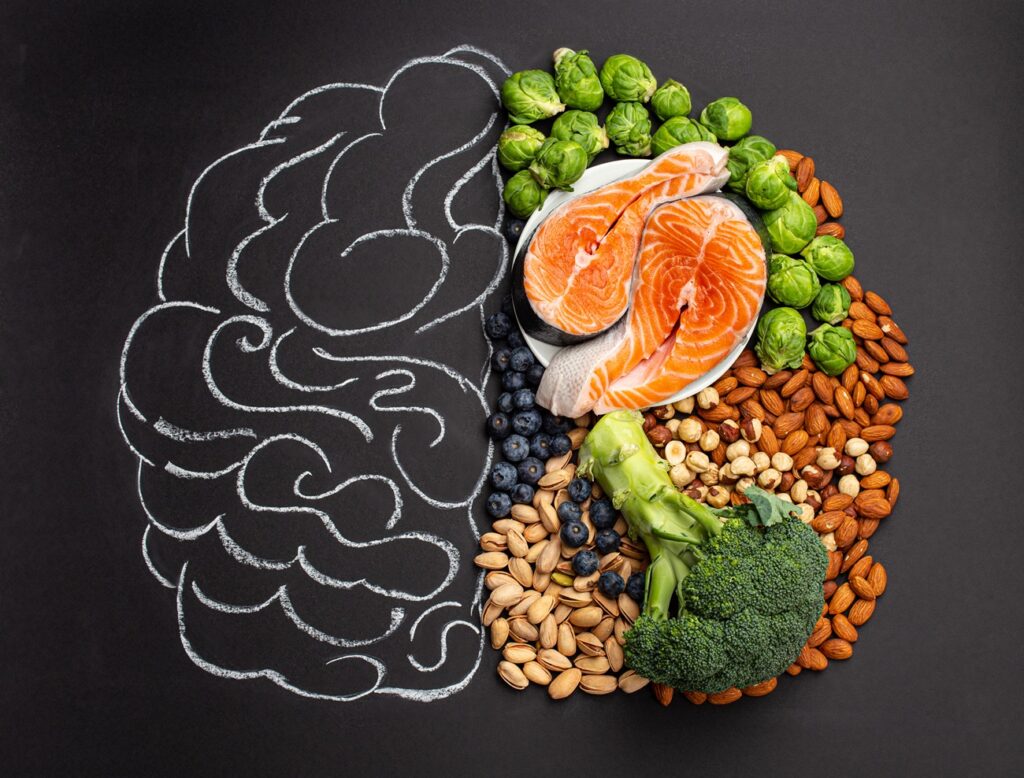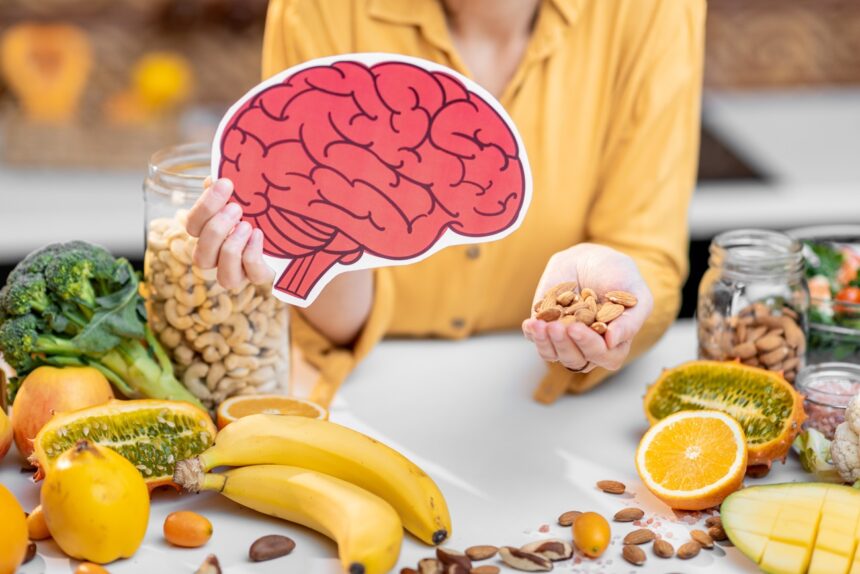The interplay between the gut and brain, known as the gut-brain connection or the gut-brain axis, has been a subject of growing interest among researchers and health professionals alike. Beyond its conventional role in digestion, the gut plays a pivotal role in modulating mood, mental well-being, and overall health. This connection unveils a dynamic in which our emotional and cognitive states can significantly impact our gastrointestinal functioning. Many of us have experienced instances where feelings of nervousness or stress trigger urgent bathroom needs or a loss of appetite. These responses exemplify the sensitivity of our gut to emotional and mental stimuli, and they highlight the profound communication at play.
The gut-brain connection is a bi-directional communication network between the central nervous system, encompassing the brain and spinal cord, with the enteric nervous system residing in the gastrointestinal tract. The enteric nervous system is a complex network of neurons lining the walls of the gastrointestinal tract, which controls various digestive processes independently of the brain. This two-way communication system allows the gut and brain to send signals to one another through the nervous system, hormonal pathways, and immune responses. Therefore, the gut reacts to a range of emotions, including anger, anxiety, sadness, even joy. The gut contains an extensive number of neurons, neurotransmitters, and receptors- often referred to as the “second brain”- showing how interconnected these two organs are. A significant player in the gut-brain axis is the gut microbiota, which refers to the trillions of microorganisms (bacteria, viruses, fungi) residing in our gastrointestinal tract. The gut microbiota plays a crucial role in maintaining a balanced gut environment and supporting proper digestive function.

Emerging research has demonstrated that the gut can influence the brain and behavior through various pathways. Gut bacteria can produce neurotransmitters and neuroactive compounds, such as serotonin, dopamine, and GABA, which are known to affect mood and cognitive function. The gut-brain connection’s impact on mental health is a topic that has gained significant attention in recent years. Studies have shown that disruptions to the gut microbiota can be associated with conditions such as depression, anxiety, and other disorders. The gut can become imbalanced due to factors like poor diet, stress, and antibiotic use for example, it can lead to inflammation and the release of harmful metabolites. These molecules can negatively affect the brain, leading to mood disturbances and cognitive impairments.
On the other hand, a healthy gut and diverse gut microbiota has been linked to improve mental well-being and cognitive function. Consuming a diet rich in fiber, fruits, vegetables, and fermented foods can support the growth of beneficial gut bacteria. The gut-brain connection also impacts various aspects of our physical health. It affects appetite regulation, metabolism, and the immune system. Given the profound impact of the gut-brain connection on our health, it’s essential to take proactive steps to support it. Here are some practical tips:
- The Role of Nutrition: Consume a variety of fiber-rich foods, prebiotics, and probiotics to promote a healthy gut microbiota. Probiotic-rich foods like yogurt, kefir, sauerkraut, and kimchi introduce beneficial live bacteria in our gut, further supporting a balanced microbiota. Moreover, healthy fats, antioxidants, and essential nutrients found in foods like fish, nuts, seeds, and leafy greens support brain and cognitive function.

- Stress Response and Resilience: Practice stress-reduction and mindfulness techniques like meditation and yoga to minimize the negative effects that stress can have on the gut. Stress, both acute and chronic, can significantly impact the gut-brain axis. When faced with stress, the brain sends signals to the gut, which can lead to digestive issues, such as irritable bowel syndrome (IBS). Stress can disrupt the gut microbiota, further exacerbating gut-related problems.
- Get regular exercise: Physical activity can positively influence our gut and enhance our overall well-being. Physical activity stimulates the muscles of the
gastrointestinal tract, promoting better movement of food through the digestive system. This can help prevent issues like constipation and promote regular bowel movements. Exercise also increases blood flow to the digestive organs, enhancing nutrient absorption and optimizing digestion.

- Prioritize sleep: Aim for sufficient and restful sleep, it is essential for both gut health and cognitive function. During deep sleep, the body’s energy is redirected to support restorative processes, including gut repair and maintenance. The gastrointestinal tract undergoes a form of “cleaning” during sleep, where the gut lining is repaired and strengthened. This helps maintain the integrity of the gut barrier.

The gut-brain connection is a remarkable and intricate system that highlights the interdependence of our physical and mental health. By understanding and nurturing this relationship, we can take significant strides in improving our physical and mental wellbeing. Through a balanced diet, stress management, regular exercise, and adequate sleep, we can foster a thriving gut environment. A healthy gut contributes not only to better digestion but also to a happier, more balanced mind. Let’s embrace the power of the gut-brain axis and make conscious lifestyle choices that support this incredibly harmonious connection.


